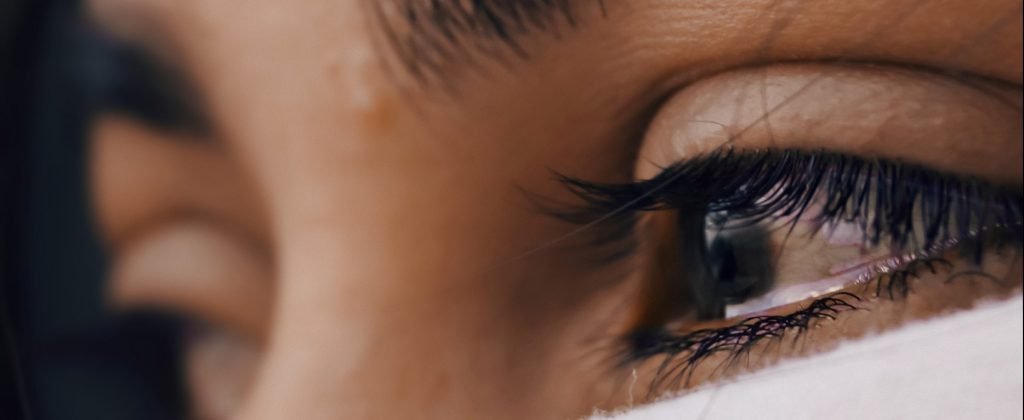

“African women in general need to know that it’s OK for them to be the way they are – to see the way they are as a strength, and to be liberated from fear and from silence.”-Wangari Maathai
From the time we became aware of our bodies as young ladies, we’ve been either directly or indirectly taught to “grin and bear” the pain and discomfort associated with any “womanly issue”. It was considered taboo or inappropriate to mention that we were on our periods and if we dare complain of cramps and how painful they were from our peers to the medical professionals we saw, we were told that it was normal.
Suffering in silence(1) is something that more often than not has been the norm for women, particularly those of Afro-Caribbean descent. This suffering in silence mechanism has not only been restricted to gynaecological issues but I have seen its extension in other areas of the Afro-Caribbean female’s life. Intimate relationships, mental health, academic struggles, financial hardships, maternal health concerns- We are expected to be the ever willing caretakers, strong backbone of the familial structure who suffer with grace and dignity and always persevere no matter the obstacles.
Yes, women are strong and yes, sometimes it is better to keep some aspects of your life private (not everyone who’s listening actually cares or wants to help) but it is also critical to recognize that there is strength in speaking out and demanding advocacy for major health issues. A report by the Pan American Health Organization (PAHO) admitted that until recently, women were significantly underrepresented in all areas as it related to health research(2).
As it pertains to chronic illnesses, it has been found that females are affected at younger ages than males and due to a longer life expectancy will have to endure the symptoms and outcomes for a longer duration when compared to their male counterparts(2). Chronic illnesses, whether or not they are common, carry a secondary mental burden with them. The associated symptoms and side effects to treatments and medications can adversely affect the patient’s everyday life. Even the most psychologically and emotionally resilient person can be caught off-guard by sudden feelings of self-pity, depression and anxiousness due to changes within their bodies they have no control over.
Furthermore, it is still difficult to discuss anything related to mental health in the Caribbean. Jokes at the expense of those who suffer from psychological issues are consistently made and persons who make up this subset of the population are more often than not shunned as if mental disorders are catching.
It’s no wonder then that Caribbean women may instead of speaking out about their physical and mental discomforts, internalize their pain in the hopes that eventually things will improve without having to disrupt the normalcy of everyone else. A 2010 report(3) indicated that psychological issues are two times more prevalent in females and there are real serious consequences to be had if we as a region continue to ignore the realm of mental health especially amongst our young females. Either way, we in the Caribbean region must redress this way of thinking if we are to ensure all facets of individual citizens, regardless of gender are included when health care, treatment services and policies are developed.
References:
Julia Mandeville is the Immediate Past President and current Public Health and Advocacy Manager of the Barbados Association of Endometriosis and P.C.O.S. She holds a B.Sc (Hons) in Biology with Microbiology from the University of the West Indies, Cave Hill Campus, Barbados and a MPH- Global Health from the University of Manchester, Manchester London.
Original Article Posted in Island Muse on 11/08/2016
